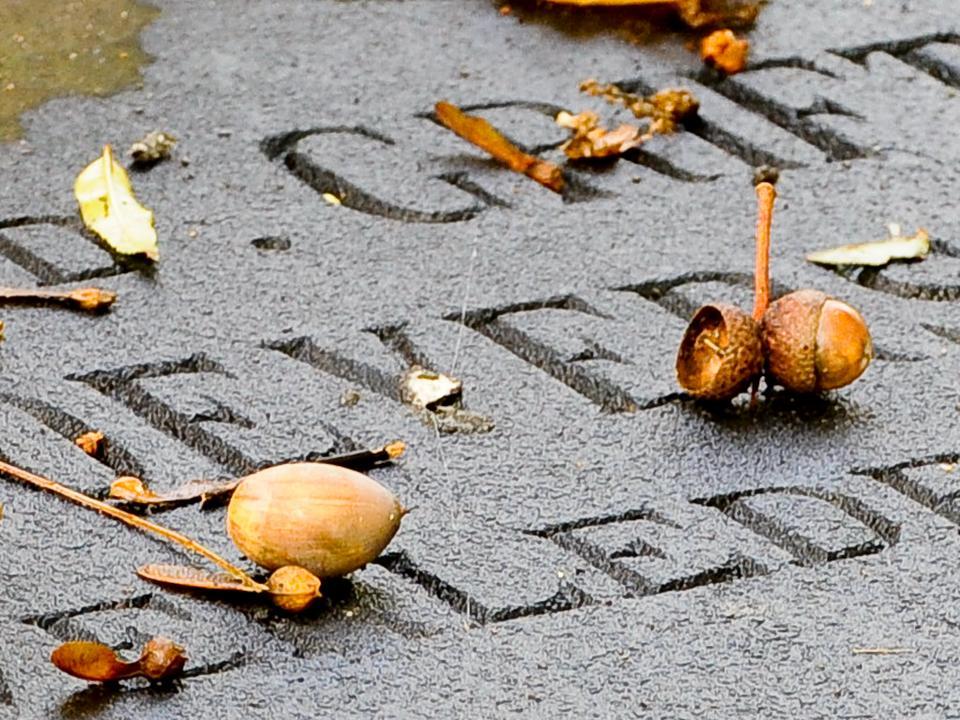
These blogs are aimed to encourage us as we serve God’s world Monday to Friday. It can’t be emphasized enough that our work Monday to Friday is central to the mission of God. Sunday is NOT the big mission event! Sunday rather nourishes us FOR the big mission event, which is our Monday to Friday engagement in the world. Sunday gets its missional importance from Monday to Friday. Because our mission Monday to Friday is so important, our being nourished through worship on Sunday is very important. I add that Sunday of course is very important in and of itself in that our worship of God is very important in and of itself.
Regarding the mission of the church I came across this quote of Jean Vanier this week:
A community becomes truly and radiantly one when all its members have a sense of urgency in their mission. There are too many people in the world who have no hope. There are too many cries which go unheard. There are too many people dying in loneliness. It is when the members of a community realize that they are not there simply for themselves or their own sanctification, but to welcome the gift of God, to hasten his Kingdom and to quench the thirst in parched hearts through their prayer and sacrifice, love and acts of service, that they will truly live community.
Can you say Amen to that? We look forward to gathering this Sunday for nourishment. Our theme this Sunday is serious: death. Our text is Luke 7:11-16, Jesus raises the widow’s son from death. Our society has no hope to offer in death. No hope, no real words of comfort, no explanation. Yet death is a significant factor in the life of every human being. This befuddlement in the face of death is a crisis point in the western world view. Secular thought is unable to comment helpfully on this all important aspect of life. The Christian world view on the other hand has much to say about death. On Sunday we will compare the western world view with the Christian world view on this subject. There is an old Christian hymn on death that ends like this: ‘For he to die is ready, who living clings to thee’.